Complete Works of James Joyce
The Complete Works of
JAMES JOYCE
(1882-1941)
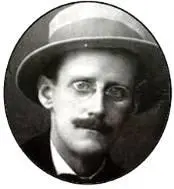
Contents
The Novels
A PORTRAIT OF THE ARTIST AS A YOUNG MAN
ULYSSES
FINNEGANS WAKE
STEPHEN HERO
The Short Stories
DUBLINERS
THE CAT AND THE DEVIL
Other Prose Works
EPIPHANIES
GIACOMO JOYCE
The Play
EXILES
The Poetry Collections
EARLY POETRY
CHAMBER MUSIC
POMES PENYEACH
LATER POETRY
The Poetry
LIST OF POEMS IN CHRONOLOGICAL ORDER
LIST OF POEMS IN ALPHABETICAL ORDER
The Non-Fiction
LIST OF ESSAYS, LETTERS AND ARTICLES

© Delphi Classics 2014
Version 6
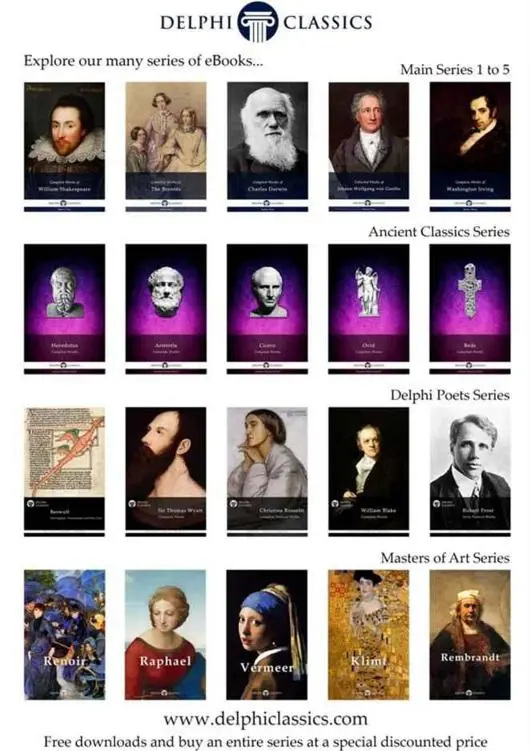
The Complete Works of
JAMES JOYCE
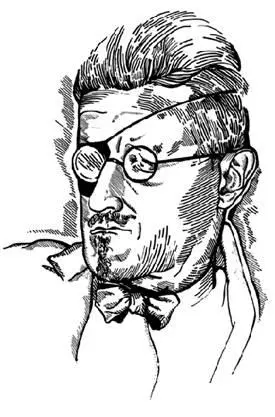
By Delphi Classics, 2014
Interested in modernist literature?
Then you’ll love these eBooks…
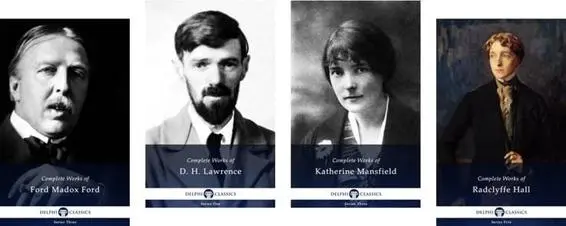
For the first time in publishing history, Delphi Classics is proud to offer the complete works of these modernist masters.
www.delphiclassics.com
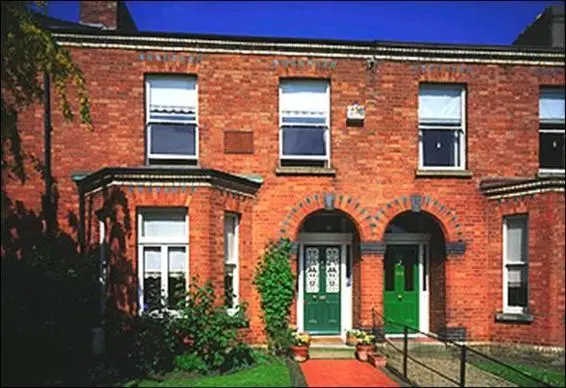
Joyce’s birthplace - 41 Brighton Square, Rathgar, Co Dublin, Ireland
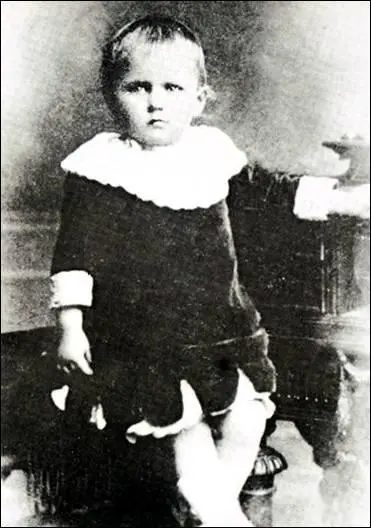
Joyce, aged 2

A Portrait of the Artist as a Young Man is a semi-autobiographical novel, first serialised in the magazine The Egoist from 1914 to 1915, and published in book format in 1916. The story describes the formative years of the life of Stephen Dedalus, a fictional alter ego of Joyce and an allusion to the consummate craftsman of Greek mythology, Daedalus. The novel is written in Joyce’s characteristic free indirect speech style, and has had a major influence on novelists across the world, and the novel is now ranked by some critics as being one of the greatest English-language novels of the 20th century.
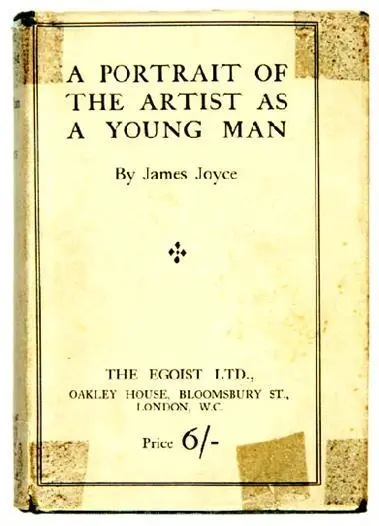
The first edition
CONTENTS
Chapter 1
Chapter 2
Chapter 3
Chapter 4
Chapter 5
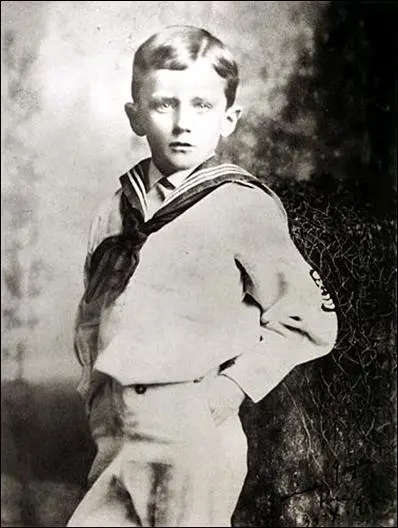
Joyce aged 6
Chapter 1
Once upon a time and a very good time it was there was a moocow coming down along the road and this moocow that was coming down along the road met a nicens little boy named baby tuckoo...
His father told him that story: his father looked at him through a glass: he had a hairy face.
He was baby tuckoo. The moocow came down the road where Betty Byrne lived: she sold lemon platt.
O, the wild rose blossoms
On the little green place.
He sang that song. That was his song.
O, the green wothe botheth.
When you wet the bed first it is warm then it gets cold. His mother put on the oilsheet. That had the queer smell.
His mother had a nicer smell than his father. She played on the piano the sailor’s hornpipe for him to dance. He danced:
Tralala lala,
Tralala tralaladdy,
Tralala lala,
Tralala lala.
Uncle Charles and Dante clapped. They were older than his father and mother but uncle Charles was older than Dante.
Dante had two brushes in her press. The brush with the maroon velvet back was for Michael Davitt and the brush with the green velvet back was for Parnell. Dante gave him a cachou every time he brought her a piece of tissue paper.
The Vances lived in number seven. They had a different father and mother. They were Eileen’s father and mother. When they were grown up he was going to marry Eileen. He hid under the table. His mother said:
— O, Stephen will apologize.
Dante said:
— O, if not, the eagles will come and pull out his eyes. —
Pull out his eyes,
Apologize,
Apologize,
Pull out his eyes.
Apologize,
Pull out his eyes,
Pull out his eyes,
Apologize.
The wide playgrounds were swarming with boys. All were shouting and the prefects urged them on with strong cries. The evening air was pale and chilly and after every charge and thud of the footballers the greasy leather orb flew like a heavy bird through the grey light. He kept on the fringe of his line, out of sight of his prefect, out of the reach of the rude feet, feigning to run now and then. He felt his body small and weak amid the throng of the players and his eyes were weak and watery. Rody Kickham was not like that: he would be captain of the third line all the fellows said.
1 comment